Vietnam: What are the beautiful outdoor nativity scene designs? May lower secondary school students participate in the nativity scene-making activity organized by the school?
What are the beautiful outdoor nativity scene designs in Vietnam?
Students can refer to the following beautiful outdoor nativity scene designs in Vietnam:
Design 1
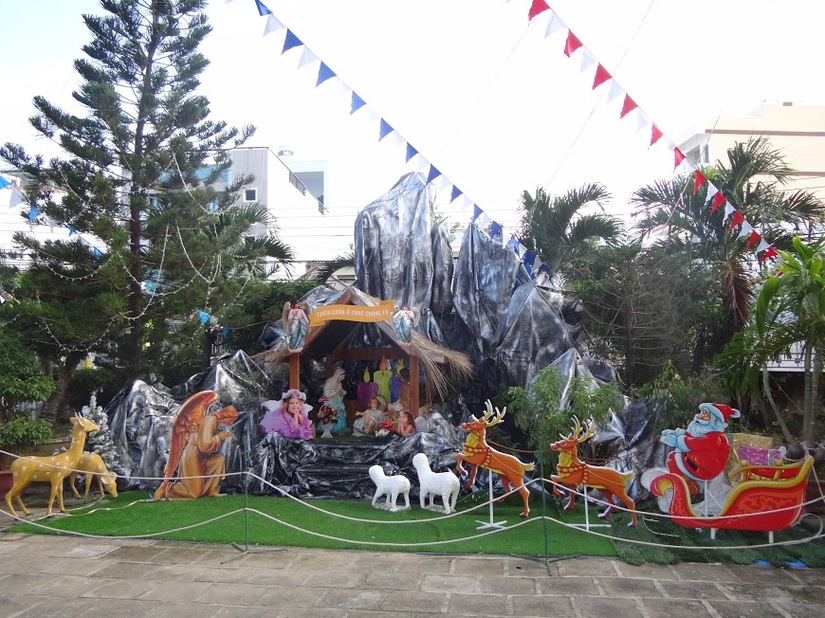
Design 2
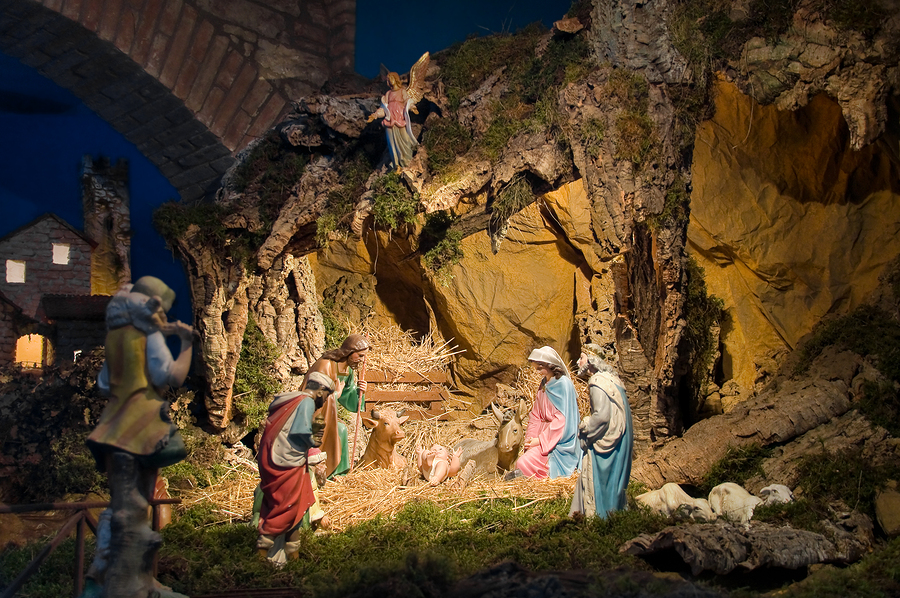
Design 3
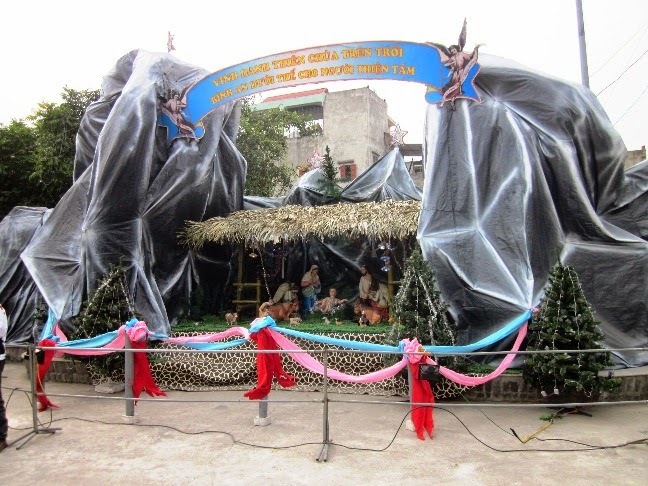
Design 4
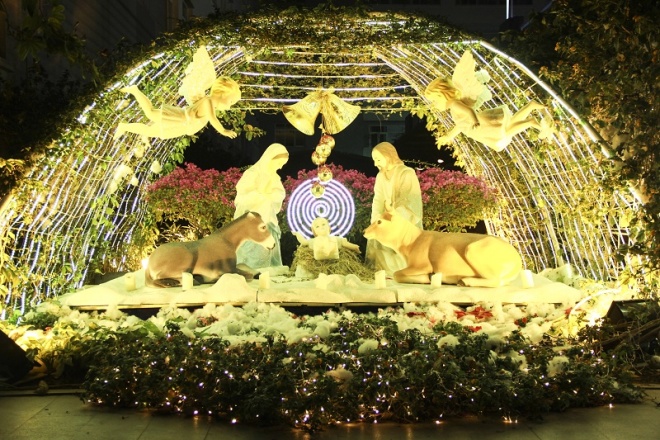
Design 5
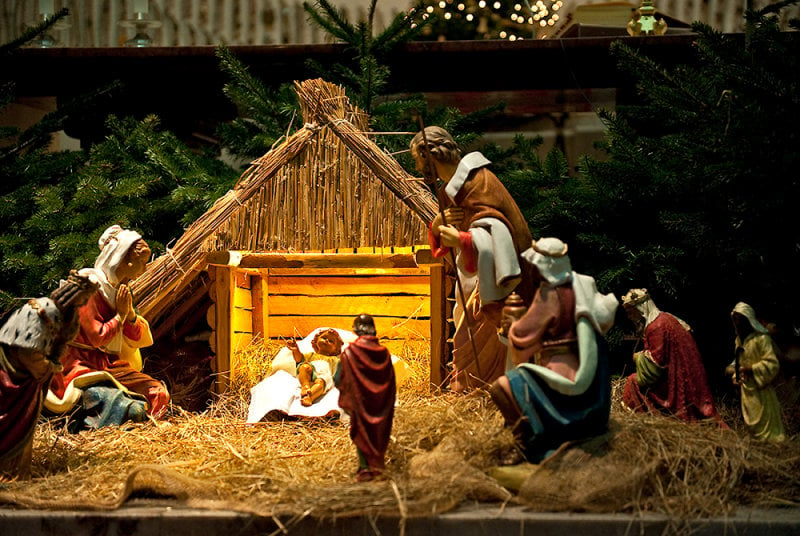
Design 6
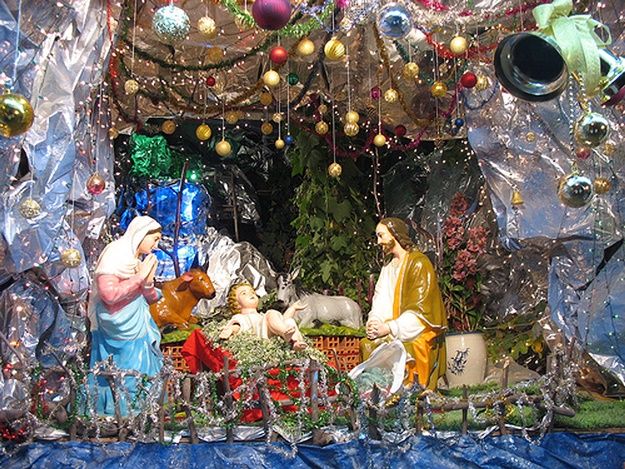
Design 7

Design 8
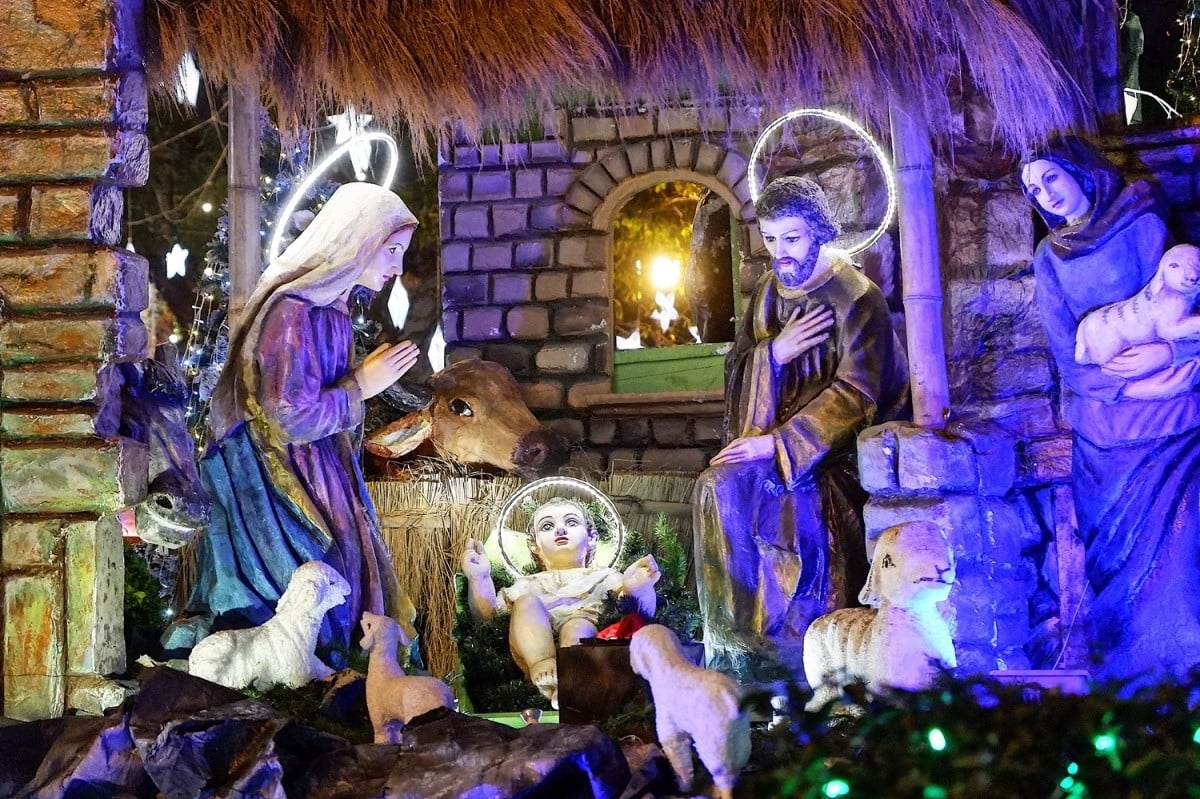
Design 9
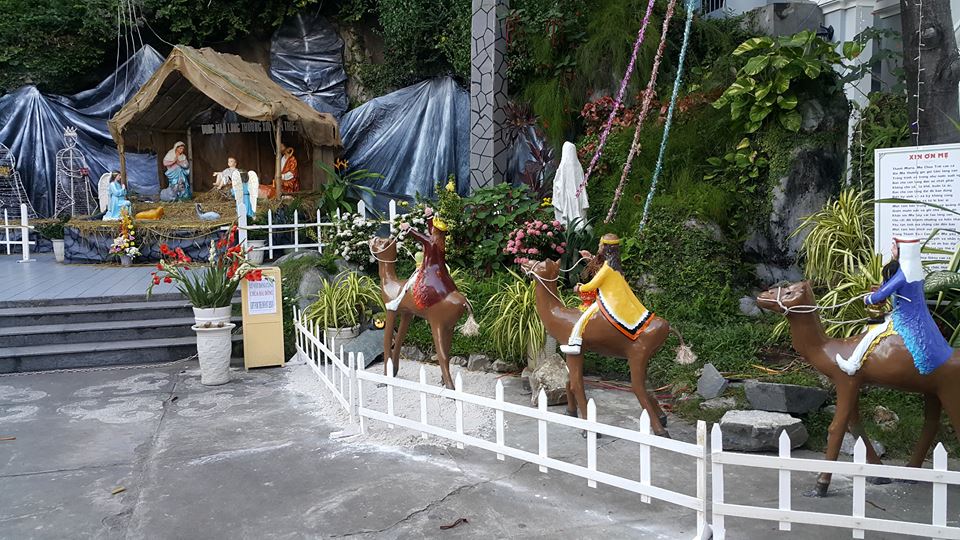
Design 10
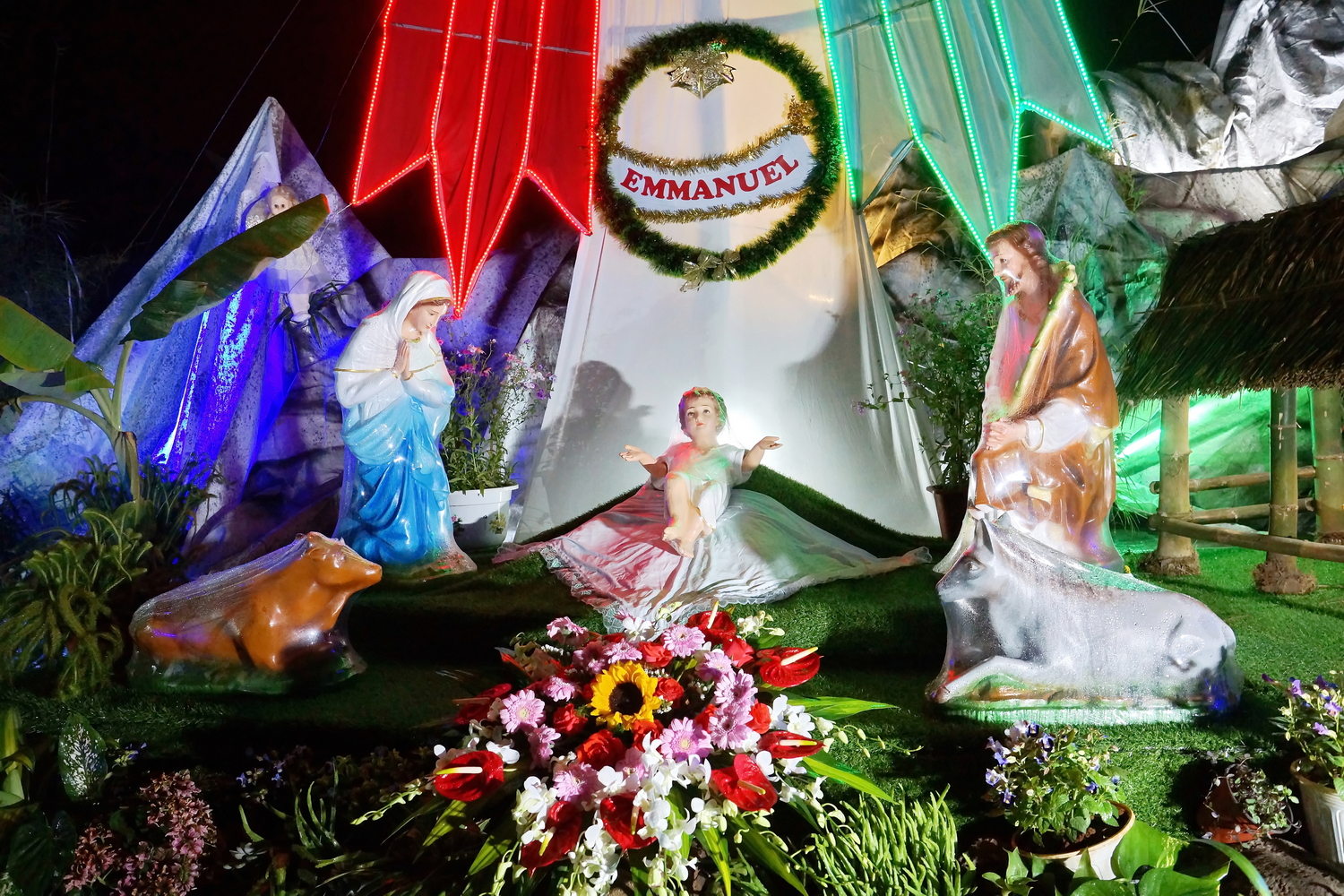
*Note: Information is for reference only./.
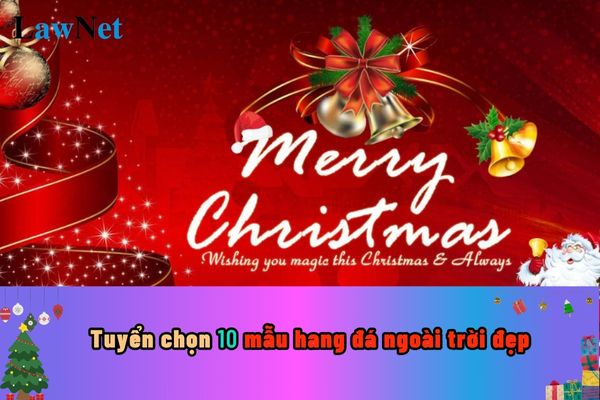
What are the beautiful outdoor nativity scene designs? May lower secondary school students in Vietnam participate in the nativity scene-making activity organized by the school? (Image from the Internet)
May lower secondary school students in Vietnam participate in the nativity scene-making activity organized by the school?
According to Article 35 of the Charter of lower secondary schools, upper secondary schools, and multi-level schools issued along with Circular 32/2020/TT-BGDDT, lower secondary school students will have certain rights as follows:
- Receive comprehensive education with fairness, be provided with time, facilities, hygiene and safety to learn in class and self-learn at home, be informed of their education and training, and be able to use learning, cultural and sport equipment of their schools as per the law.
- Receive respect, protection and fair and democratic treatment, complain to their schools and education authorities about decisions concerning themselves; transfer school with legitimate reason as per existing regulations; enter school before the compulsory starting age, skip a grade and study at an age higher than the compulsory attendance age according to regulations in Article 33 of Circular 32/2020/TT-BGDDT.
- Participate in activities for development of their gifts in academic subjects, sports and art organized by their schools if able to.
- Students eligible for social benefits, disadvantaged students and gifted students may receive sponsorship or other benefits as per the law.
- Transfer school if eligible according to regulations following school transfer procedures stipulated by the Minister of Education and Training.
- Enjoy other rights as per the law.
Thus, students have the right to participate in activities for development of their gifts in academic subjects, sports and art organized by their schools if able to.
Therefore, lower secondary school students in Vietnam may participate in the nativity scene-making activity organized by the school.
Are lower secondary school students in Vietnam allowed to use fireworks on Christmas Day?
Under Article 37 of the Charter of lower secondary schools, upper secondary schools, and multi-level schools issued with Circular 32/2020/TT-BGDDT, the prohibited acts for students in Vietnam include:
1. Disrespect the dignity, honor or bodily integrity of teachers, officials and staff of their schools, other people and other students.
2. Act dishonestly in learning, examinations or admission process.
3. Buy, sell or use alcohol, tobacco, drugs, other stimulants, firecrackers or explosives.
4. Use mobile phones and other devices in class for purposes other than learning and without the teacher's permission.
5. Fight or disrupt public or school order or security.
6. Use or exchange cultural products that incite violence or contain indecent materials; use toys or play games that impede their own healthy development.
7. Students shall not commit other prohibited acts provided for by regulations of law.
Thus, according to the above regulations, lower secondary school students are prohibited from using fireworks on Christmas Day. This is a prohibited act for students.
What are the regulations on tuition for lower secondary school students in Vietnam?
Under Article 99 of the Education Law 2019 on tuition and expenses of educational and training services:
- Tuition is a contribution made by learners to partially or fully cover expenses of educational and training services. Tuition rate is determined based on road maps for assurance of expenses for educational and training services prescribed by the Government. For institutions of vocational education and higher education, this rate is calculated based on the Law on Vocational education and Law on Higher education.
- Expenses of educational and training services include the total amount of salary, direct costs, management costs and depreciation of fixed assets in direct or indirect service of educational operation in accordance with educational programmes.
Admission fees contributed by candidates when submitting an application or taking an entrance examination shall be determined based on road maps of accuracy and adequacy.
- Students at primary education level in public educational institutions are not required to pay tuition; in areas lacking public schools, primary school students in private educational institutions shall receive subsidies on tuition from the State, with the support rate specified by provincial People’s Councils.
- Pre-school children at 05 years of age in villages and communes with exceptional difficulties, ethnic minority areas, remote and isolated areas, coastal areas and islands shall be exempted from tuition.
Pre-school children at 05 years of age beside those regulated in clause 4 of this Article and students at lower secondary education level shall be exempted from tuition based on road maps specified by the Government.
- Mechanisms for collecting and managing tuition and service fees of educational operation are prescribed as follows:
+ The Government shall set tuition collecting and managing mechanisms for public institutions of preschool education, general education, vocational education and higher education;
+ Provincial People's Councils shall set the tuition framework and detailed tuition rate and fees of services and assistance for educational operation in public educational institutions as authorised and at the proposal of provincial People's Committees;
+ Provincial People's Committees shall set collecting and using mechanisms for admission fees of each educational level under provincial management after receiving the approval from provincial People's Councils;
+ People-founded and private educational institutions are entitled to set the rate of their tuition and other service fees, ensuring expense recoupment and reasonable accumulation. Publicly announce expenses of educational and training services and fee rate as guaranteed in school’s establishment proposal; and on the basis of each educational course/level/year as prescribed by law.
Therefore, lower secondary school students are exempt from tuition according to the roadmap defined by the Government of Vietnam.

